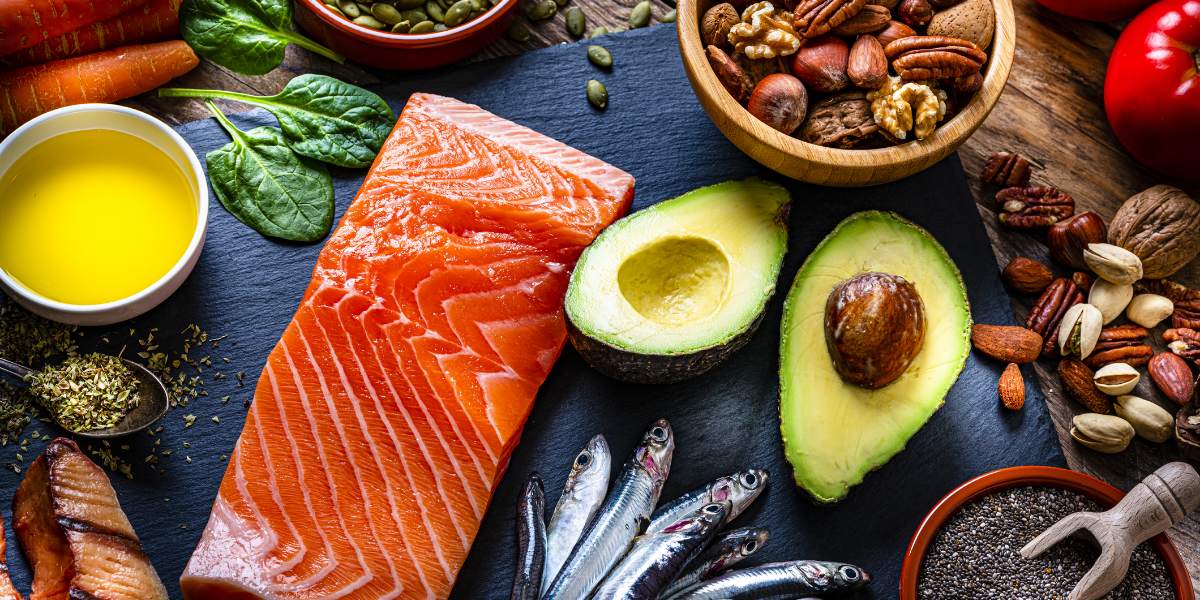Following a healthy diet “could offset chronic pain”, latest evidence has demonstrated.
A new study from the University of South Australia has found that a high intake of foods included in the Australian Dietary Guidelines can significantly reduce chronic pain, especially in women.
Affecting 30% of the global population, chronic or persistent pain is pain that lasts longer than 12 weeks, or beyond the natural healing time.
Researchers have discovered that women are more likely to experience chronic pain compared to men.
- Digestive cancers triggered by unhealthy diets
- Research into genetic variations in people with IBS could lead to tailored diets
- Study finds long-term benefits of low carbohydrate diets in type 2 diabetes treatment
In addition, people living with overweight and obesity are more at risk of experiencing chronic pain compared to those with a healthy weight.
Senior author Sue Ward said: “It’s common knowledge that eating well is good for your health and wellbeing. But knowing that simple changes to your diet could offset chronic pain, could be lifechanging.
“In our study, higher consumption of core foods – which are your vegetables, fruits, grains, lean meats, dairy and alternatives – was related to less pain, and this was regardless of body weight.”
She added: “This is important because being overweight or obese is known risk factor for chronic pain.
“Knowing that food choices and the overall quality of a person’s diet will not only make a person healthier, but also help reduce their pain levels, is extremely valuable.”
- Low carbohydrate diets promote heart health according to new study
- Plant-based diet could lower risk of type 2 diabetes
- Low carb diets could increase risk of type 2 diabetes
She continued: “Women with better diets, had lower pain levels and better physical function. But this effect was much weaker for men.
“It’s possible that the anti-inflammatory and antioxidant properties of the healthier core food groups is what reduces pain, but we can’t yet determine whether poorer diet quality leads to more pain, or if pain leads to eating a poorer quality diet.
“A healthy, nutritious diet brings multiple benefits for health, wellbeing, and pain management. And while personalised pain management strategies should be adopted, a healthy diet is an accessible, affordable, and effective way to manage and even reduce pain.”
Read the study in the journal Nutrition Research.





